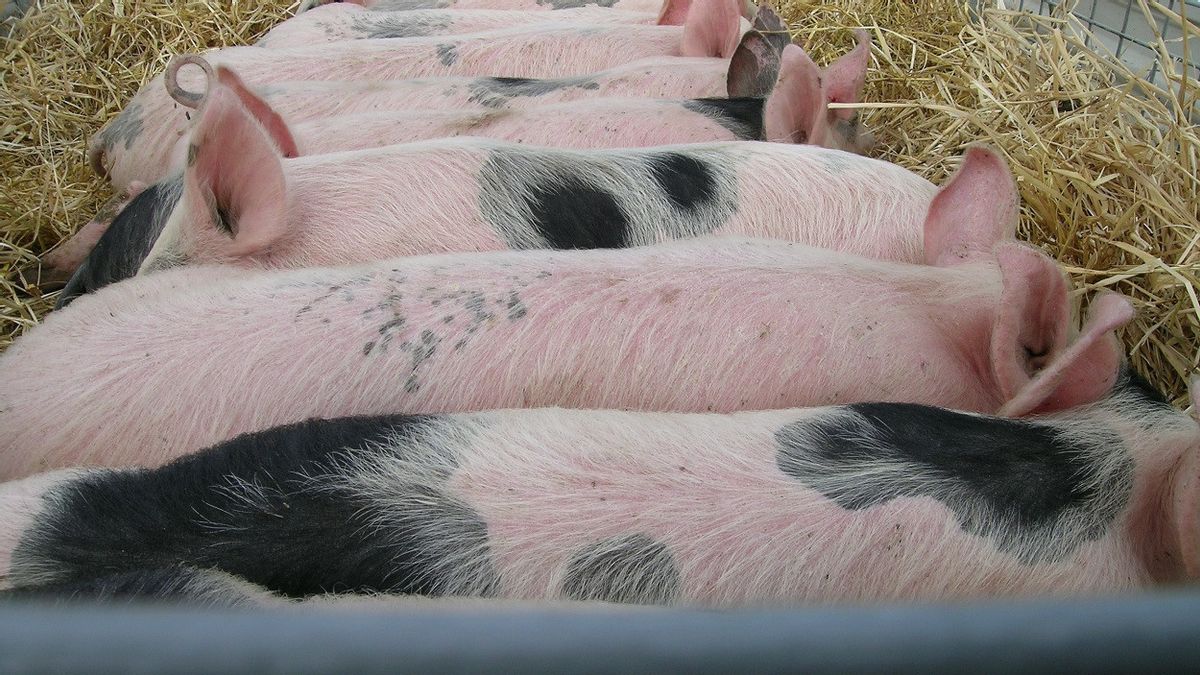JAKARTA - German scientists plan to clone and then breed a genetically modified pig this year to serve as a donor heart for humans, based on a simplified version of an American engineered animal used last month in the world's first pig-to-human transplant.
Eckhard Wolf, a scientist at Ludwig-Maximilians University in Munich, said his team aims to have the new species, modified from an Auckland Island farm, ready for transplant trials by 2025.
In the first surgery of its kind, a team at the University of Maryland Medicine last month transplanted the heart from a pig with ten modifications into a terminally ill man. Doctors said he was responding well although the risk of infection, organ rejection or high blood pressure remained.
"Our concept is to continue with a simpler model, namely with five genetic modifications," Wolf explained.
Wolf's work has sparked heated debate in a country with one of the lowest organ donation rates in Europe, as well as a strong animal rights movement.

Wolf, who has been researching animal-to-human transplantation, known as xenotransplantation, for the past 20 years said his team would use still inefficient cloning technology to produce only "founder animals", from which future generations of genetically identical genetics would be bred.
The first such generation should be born this year, and their livers will be tested on baboons before the team seeks approval for human clinical trials within two or three years, Wolf said.
Transplants are used for people diagnosed with organ failure who have no other treatment options, with a waiting list of some 8,500 people in Germany by the end of 2021, according to data from the country's Organ Transplant Foundation.
Wolf's supporters say animal donors can help shorten the list, while opponents say the technology violates animal rights, effectively relegating pigs to organ factory status, while monkeys used in transplant experiments die of pain.
To note, in February 2019, a petition by German pressure group Doctors Against Animal Experiments demanding a ban on xenotransplant research garnered more than 57,000 signatures.
Kristina Berchtold, spokeswoman for the Munich branch of the German Animal Welfare Association, called the practice "highly ethically questionable."
"Animals should not be used as spare parts for humans. Pets, so-called farm animals, imitations or natural born animals all have the same needs, fears and rights," he criticized.
The English, Chinese, Japanese, Arabic, and French versions are automatically generated by the AI. So there may still be inaccuracies in translating, please always see Indonesian as our main language. (system supported by DigitalSiber.id)













